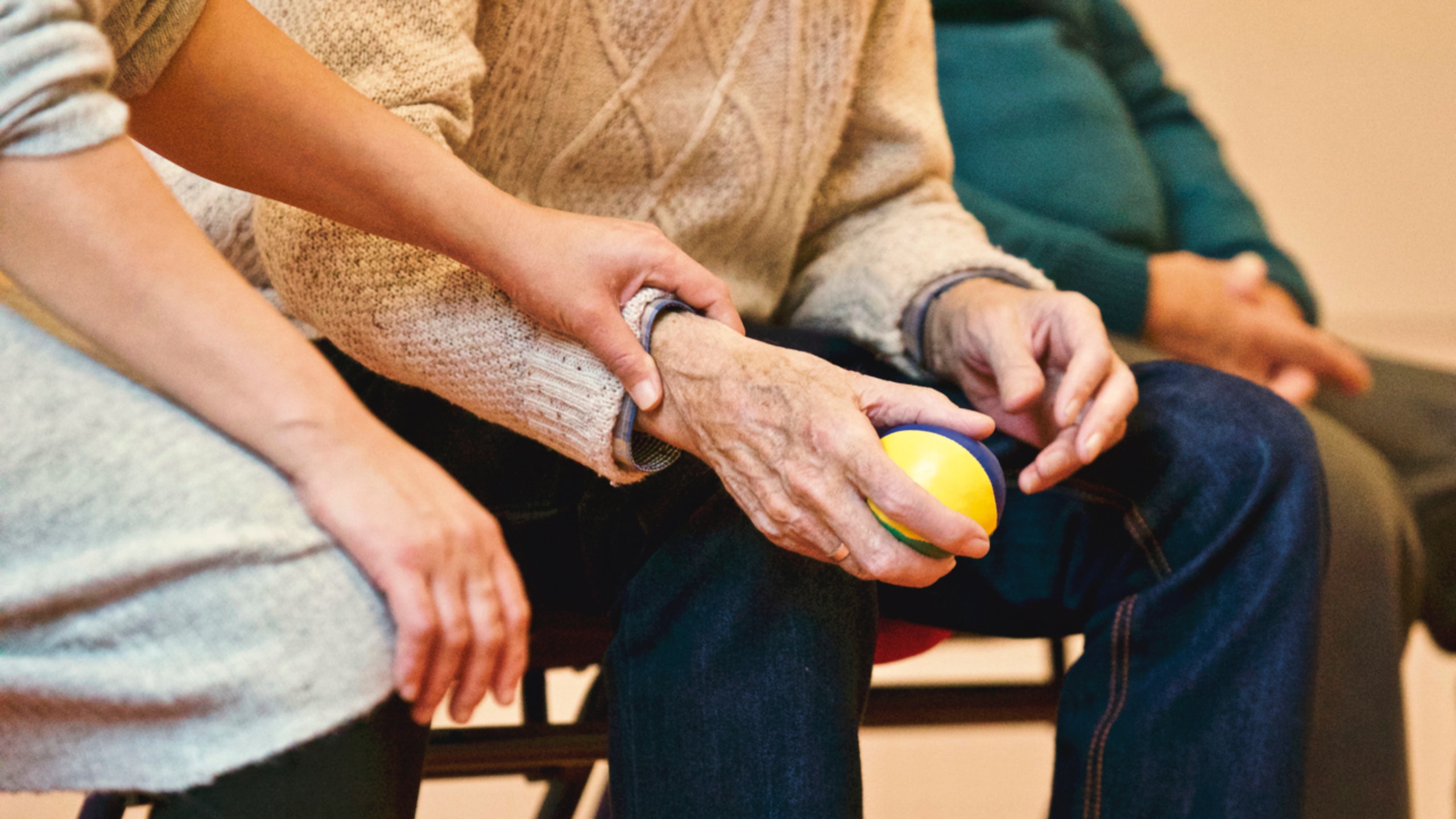Sticking to your New Year’s resolutions can be a challenging prospect. You may find that you are struggling with Dry January more than you expected, or that you are rapidly losing your enthusiasm to do more exercise. However, there is no need to worry. You are not alone. In fact, this Friday 11th January has been dubbed as “Quitter’s Day”, as it is the most popular day of the year for people to break their New Year’s resolutions. Many of us fall into a cycle of guilt about breaking these commitments, which is hardly a good way to start off the year. Fortunately, there are some easy steps you can take to reassure yourself that your resolutions can be achieved, even at a time when so many people seem to be giving up.
Make realistic commitments
Don’t pretend to yourself that you will run a marathon in March if you haven’t done anything more strenuous than running for a bus in the last year. In the haze of a Christmastime hangover you might think this is an achievable feat, but experience should tell you that it just isn’t going to happen.
Instead of abandoning your resolution entirely, try to take a step back and re-draft a resolution that you feel you can realistically achieve. It is also worth considering how many resolutions you can realistically make. It is much better to only make one or two such goals that you can actually accomplish, rather than ten resolutions that you will not stick to.
Measurable goals
Another key aspect of seeing your New Year’s resolution past Quitter’s day is to set yourself a measurable target. Well-intentioned plans to ‘run more’ are easily waylaid by practically anything else, but setting yourself a target that you can work towards in a sustained manner is essential to making meaningful changes in your life. Increasing the amount of exercise is one of the most common New Year’s resolutions, and this is good because it can easily be quantified. Therefore, rather than give yourself a vague resolution, set yourself a specific target to aim for. Start off by merely going for one run a week, then gradually increase your level of exercise throughout the year. Ultimately, this is going to be more productive than vaguely telling yourself to simply do more exercise.
Strategise
Effective personal change happens when you set goals that work in tandem with the rest of your life. When it comes to making sustainable growth you should think about ways that you can easily incorporate change into your daily schedule. This might mean working out how you can do exercise on the way to work, committing to trying out a different non-alcoholic drink everyday in January, or broadening your culinary horizons by working through your spice rack.
Lots of companies will try to flog high-cost products that people tend to under-utilise. The most obvious example of this are gyms, which are often funded by the January rush. While you might find the financial incentive is just what you need to stick to a goal, many people fail to make full use of their gym membership, meaning they are simply wasting their money away.
Equally, if you want to improve your health by doing something like stopping smoking, you don’t necessarily have to go cold turkey. In fact, this has been shown to be a largely ineffective way to quit smoking. Instead you could swap to e-cigarettes, with the goal of stopping completely by June.
Don’t go at it alone
Getting other people involved in your plans can encourage you to stick to them. Attempting to complete a New Year’s resolution by yourself makes it that little bit easier to give it up when Quitter’s Day comes around. If you make your friends and family aware of your plans, then they can support you. This can be as simple as checking up on you to see how you are getting on, or not enabling behaviour that you want to change, such as drinking. If they are aware that you want to tackle problematic practices then they won’t accidently lead you astray.
Also, there are communities for almost everything, and it is worth trying to find people who are already hoping to complete the same goals as you are. For example there is Parkrun, which organises coordinated runs in parks all over the country every weekend. You could even join a writing group or a book club. The world is your oyster, and it is worth remembering that while a New Year’s resolution is a chance to make changes in your life as an individual, you don’t have to go at it alone.
Resolutions can be made whenever you like
Remember that resolutions are not just for the new year. While we have the tradition of making resolutions when the 1st January comes around, this doesn’t mean that personal change should be limited to this time of the year. We are capable of making changes in our life whenever we please – whether it be on the 1st January, the 23rd April or the 17th August!
If you are one of the many people to break your resolution this Friday, don’t be disheartened. You don’t have to wait until next January to start again! If you really want to make changes in your life, then commit to it and ignore all those who have decided to abandon their resolutions. Only you are capable of making change – so the time of year really has nothing to do with it.
If you want to make significant and long lasting improvements to your life and wellbeing, therapy is a great way of getting an external perspective of your life and gaining a better understanding of yourself and what needs to change. To get professional help in boosting your quality of life, contact us today.


 Back to all posts
Back to all posts


























